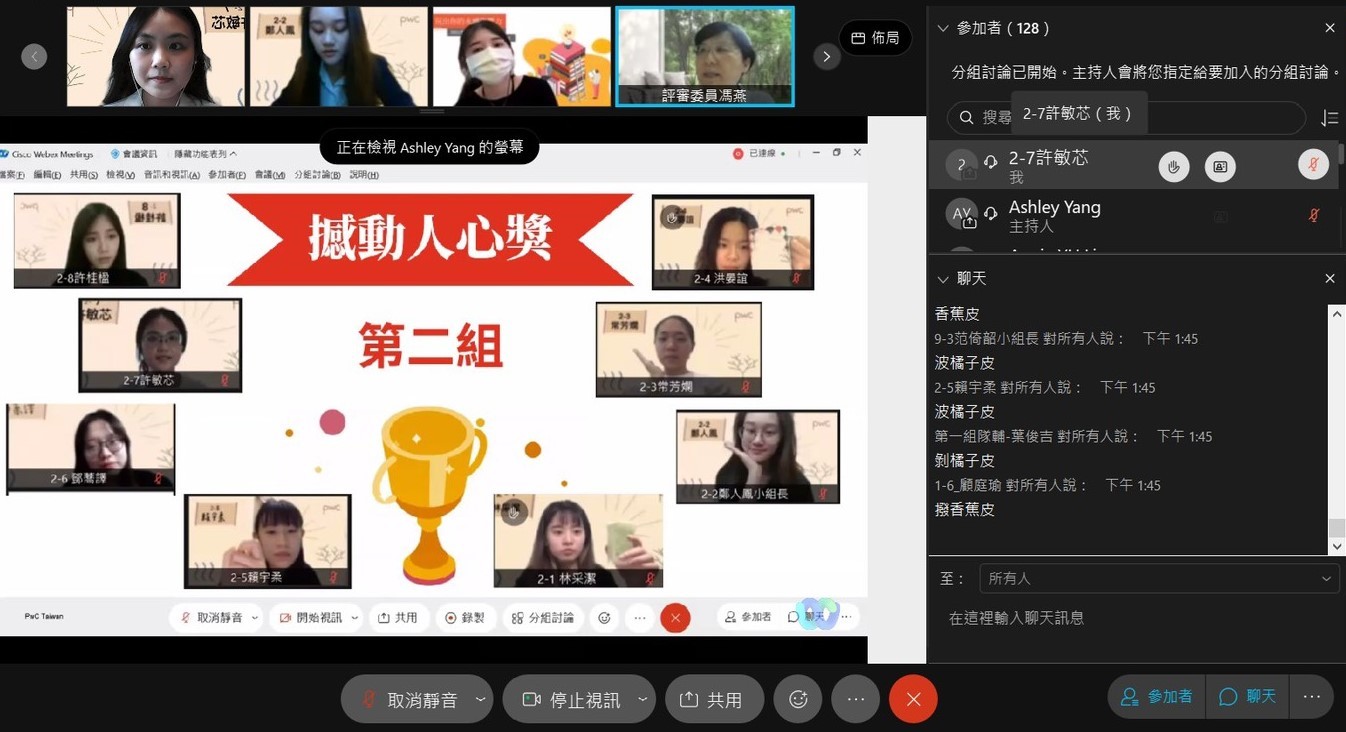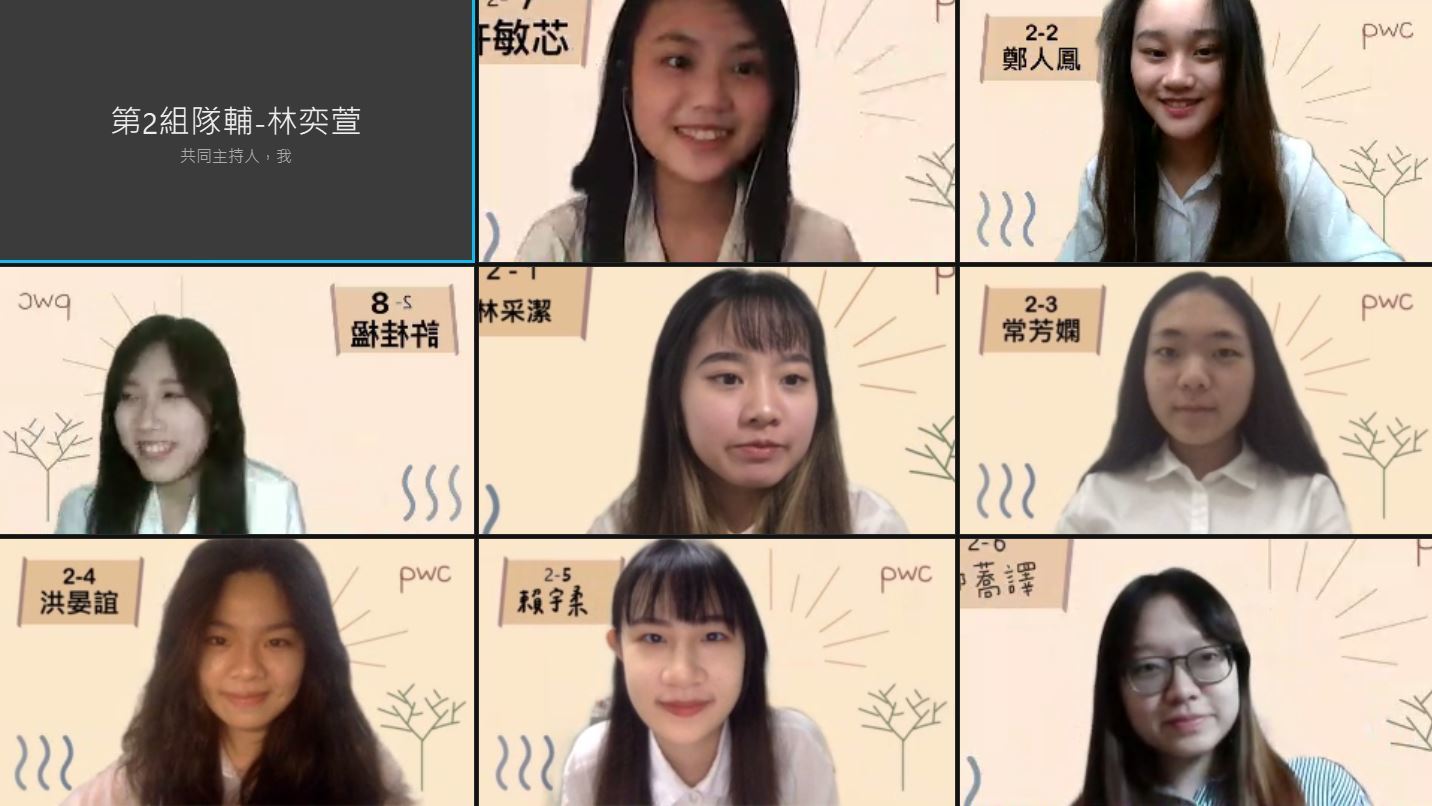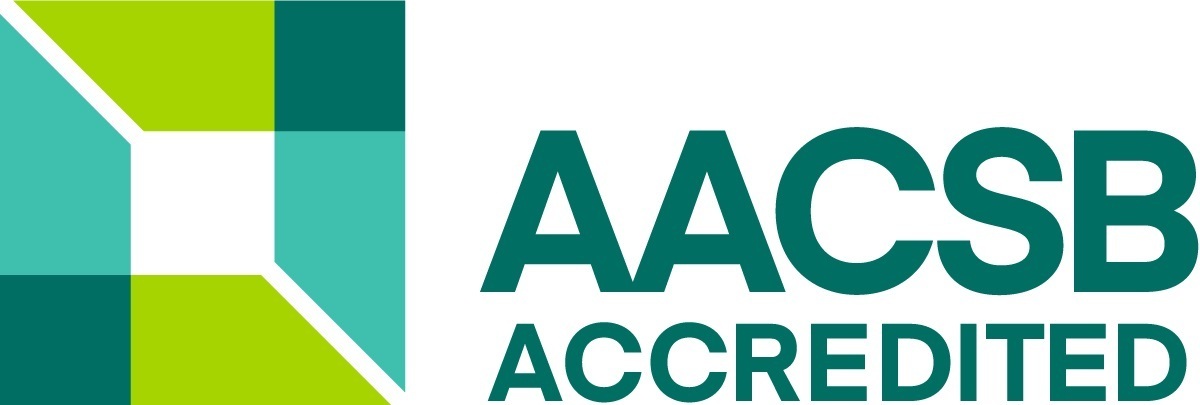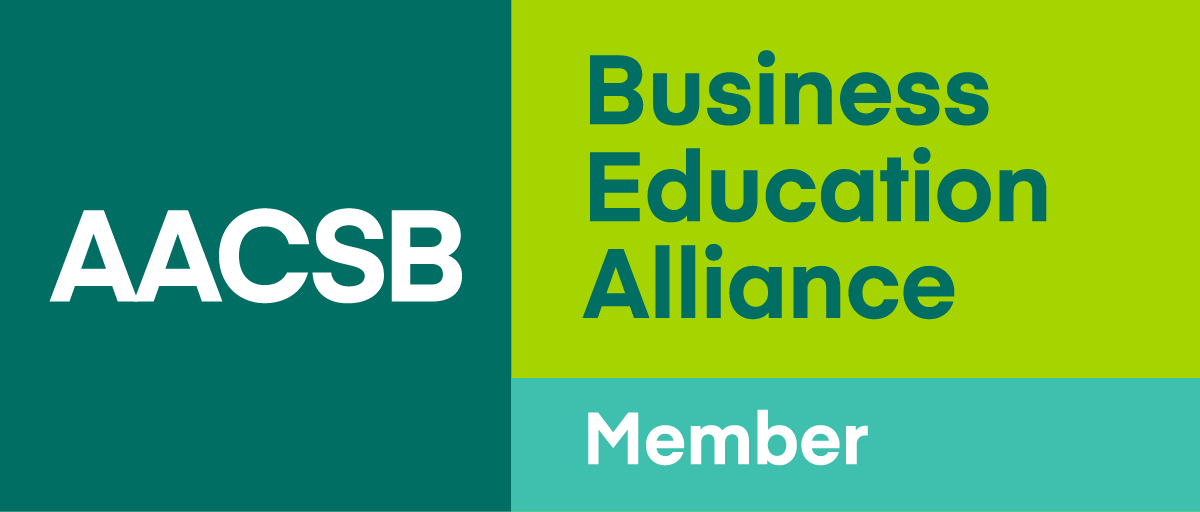【Student Achievement】The Team from the College of Management, NSYSU, Shines in the 9th PwC's CSR Campus Seed Camp Competition
The 9th "PwC's CSR Campus Seed Camp – Have Fun and Make Your Sustainability Impact (資誠CSR校園種子營——玩出你的永續影響力)" has concluded, and the students from the College of Management of National Sun Yat-sen University (NSYSU) performed outstandingly well, winning the "Heart-shaking Award" in the Chunghwa Telecom Category. This year's event was held online due to COVID-19, but it was as exciting and solid as the in-person events in previous years. The event organizer not only invited experts to give lectures but also had them personally guide each team to analyze corporate cases from different perspectives, such as trends, policies, and enterprises, so that during the lectures and active discussions, the students could brainstorm various ESG*-related action plans that could be used by enterprises for reference.
* The concept of ESG (E for Environmental, S for Social and G for Governance) was introduced in 2004 by the United Nations Global Compact (UN Global Compact), which can be used as an indicator to evaluate business operations and has received a lot of attention from enterprises in recent years.

Min-Xin Hsu (許敏芯), Chiu-Yi Tang (鄧蕎譯), Gui-Ying Hsu (許桂楹), and Yu-Ro Lai (賴宇柔), students from the Department of Business Management, NSYSU, won the "Heart-shaking Award" in the Chunghwa Telecom Category.
During the five-day event, three companies from different industries, namely Chunghwa Telecom, DBS Bank (Taiwan), and RFD Micro Electricity, were invited to present their issues, and each team was asked to propose solutions to the assigned issues in the presentation competition. The team working on Chunghwa Telecom's case was from NSYSU’s Department of Business Management, College of Management, and consisted of Min-Xin Hsu (許敏芯), Chiu-Yi Tang (鄧蕎譯), Gui-Ying Hsu (許桂楹), and Yu-Ro Lai (賴宇柔). The team was tasked with helping rural and disadvantaged groups to access Chunghwa Telecom's information and communication services in the era of booming innovative applications and digital convergence, and with achieving the goal of reducing the digital gap. The team proposed the project "e!derly – Play with Your Silver Power and Discover a Vibrant New Life (e!derly 玩出你的銀響力 髮掘活力新生活)", using what they had learned from the camp to analyze the current situation first, then conceive a solution, and finally evaluate what impact their proposed solution could have on these digitally disadvantaged groups.
The team found that although the government has been actively promoting digital transformation policies in recent years, the internet access rate for people over 65 years old is less than half, and information literacy is insufficient. Moreover, the risk of heart disease, immune system disease, and dementia is higher for seniors who live alone for many years. Chunghwa Telecom's infrastructure in Taiwan is more robust than that of other telecommunication companies. Through Chunghwa Telecom's various volunteer service programs, as well as the design of manuals and other physical teaching materials to enhance digital education and strengthen the connection with the elderly, there is a chance to increase the willingness of the elderly to use the service. In this regard, the team proposed a "one-stop interactive information platform for seniors" with a senior-friendly visual design and experience, combined with an AI voice robot and volunteer consultation service, allowing seniors to be assisted by volunteers through audio or video calls when they encounter difficulties with using the platform. The platform can also serve as an educational channel for seniors, reducing the chance of them believing fake news or purchasing products from suspicious sources. The platform's volunteers can also chat with the elderly remotely in order to reduce their feelings of loneliness.
Over the course of a week, the team brainstormed ideas, identified problems and came up with solutions. They found that the most important things were to improve the friendliness and convenience of the platform, to integrate volunteer service programs to enhance digital education and companionship, and to deliver the right information in order to reduce the digital gap. The group presented a complete picture of their ideas and were sensitive to the needs of the elderly, and their concrete proposal was favored by the judges and eventually won the “Heart-shaking Award” in the Chunghwa Telecom category.

DBS Bank (Taiwan) has been using its financial expertise to help social enterprises for many years, such as lowering interest rates on loans and emphasizing products for social enterprises. One of the teams participating in the DBS Bank (Taiwan) category was from the Department of Business Management of our College, consisting of Li-Ren Lin (林立仁), Cheng-Yun Chang (張正昀), Yu-Rou Weng (翁雨柔), Chu-Yun Liu (劉楚雲), and some students from other schools. They analyzed DBS (Taiwan) Bank's efforts to connect with social enterprises through advocacy, cultivation, and integration with its in-depth social enterprise activities.
In order to become closer to the general public and spread the word about social enterprises and their connection with DBS Bank, the team members planned three stages: short-term, medium-term, and long-term, in order to strengthen the general public's awareness and favorability towards DBS Bank, and to work on four aspects: platform, campus, public, and living. The team proposed that DBS (Taiwan) Bank and the related social enterprises should issue sustainable co-branding cards and promote their activities on the platform in order to increase the public's recognition of the bank's value. By doing so, DBS (Taiwan) Bank could gain profits from people's card purchases and spending to help other social enterprises, and then increase their visibility through word-of-mouth among social enterprises to achieve a win-win situation for the society, economy, and environment. During the competition, the students made rich gains.
In addition to the two teams from the Department of Business Management, Shu-han Chang (張舒涵), a graduate student from the Department of Finance, took part in the competition alongside students from other universities. Chang explained that she decided to participate in this event because she wanted to learn more about the way different companies contribute towards and work on sustainability issues. The team formed by Shu-han Chang made a proposal to DBS Bank (Taiwan) to help promote the concept of social enterprise through the Social Enterprise Boardgame App, with the aim of raising awareness of the concept among the public.
Dr. San-Yih Hwang, the Dean of the College of Management, has said that one of the educational focuses of the College is to nurture students to become business management professionals with knowledge of social responsibility and sustainability concepts. In 2019, the Office of Responsibility and Sustainability Actions was established, and three issues of the CSR Annual Report have been published in order to promote the social responsibility of the College and its departments. For this year's “PwC's CSR Campus Seed Camp", 96 students were selected to participate in the online learning and competition from among 230 college and university students. With an acceptance rate of only 40%, the nine students from the College did well to be selected. The students overcame the space constraints and created a close and efficient method of teamwork online, applying what they learned to their projects within a short period of time. This reflects the industry's recognition of the NSYSU students' concern for CSR issues and their potential for implementation, and the College is very proud of them.
PwC Taiwan's "Campus Seed Camp X Camping for Good (資誠CSR校園種子營╳Camping for Good)" was launched in 2016 as the first CSR-themed student camp in Taiwan and has trained nearly 550 students to date. Every year, PwC Taiwan invites corporate and industry experts from different fields to give lectures on the latest global sustainability trends, combining issues such as SDGs, climate change, ESG, and circular economy in order to practice the spirit of cross-disciplinary CSR learning, provide young students with the correct concepts and knowledge of sustainability, and raise awareness of sustainability in Taiwan in order to draw in more positive energy.




